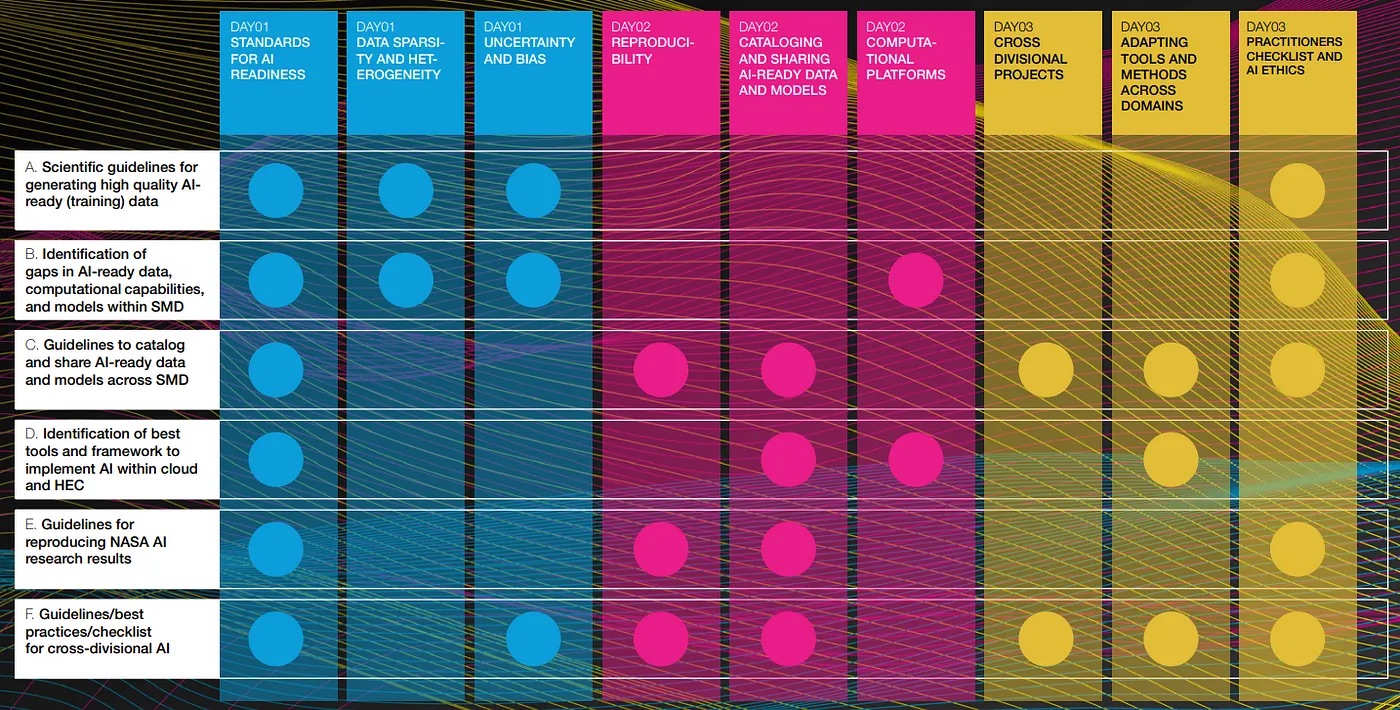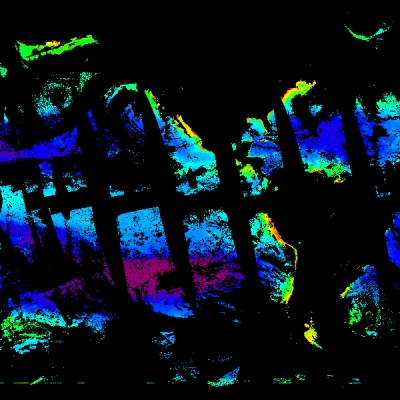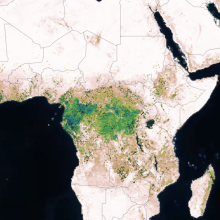In 2021, a contingent of NASA civil servants and representatives from partnering organizations convened the inaugural NASA Science Mission Directorate (SMD) Artificial Intelligence (AI) workshop, hosted by Frontier Development Lab (FDL). Now a comprehensive report on the outcomes of the workshop is available online. IMPACT played a key role in this workshop. IMPACT deputy manager and SMD Open Source Science Initiative on AI lead Dr. Manil Maskey led the workshop and, working in conjunction with the AI leads from other SMD divisions, formulated and synthesized the report itself. IMPACT’s project manager Dr. Rahul Ramachandran led discussions on open science principles. The IMPACT machine learning (ML) team, in particular Muthukumaran Ramasubramanian, contributed to special ML topics.
Workshop participants explored ways to transform science data into AI-ready data and examined opportunities to utilize computational platforms for AI. They also discussed how to foster applications of AI across multiple science domains and developed next steps to realize opportunities identified during the sessions. Key themes on the challenges and limitations of AI adoption included: the need to increase the trustworthiness and reproducibility of AI data and models; how to prepare AI-ready data and share training data and models; the need to increase access to computing resources; and how to foster an inclusive, collaborative community through training and engagement to encourage ethical AI for science.

The report contains individual memos from discussions held in each of the nine focus areas shown in the above matrix. The memos detail the opportunities, challenges, and next steps for exploiting AI/ML using NASA science data and computational capabilities. A snapshot of the numerous key take-aways that resulted from the workshop include the needs to:
- increase investments in interdisciplinary and collaborative AI projects using cross divisional competitive solicitations;
- invest in the generation and sharing of AI-ready data and models;
- incentivize the reproducibility and open sourcing of AI artifacts;
- consider optimal and more open use of high-end computing and cloud computing for AI;
- develop best practices and guidelines for trustworthy AI for science;
- embed ethical considerations of AI into the science research process; and
- establish an AI center of excellence to provide leadership, planning, guidance, communication, and implementation of initiatives to accelerate AI across the SMD.
This workshop is part of the efforts by NASA’s Strategic Data Management Working Group (SDMWG) AI/ML Working Group to help align the SMD with advances in information technology and the unique needs of science data systems and computing. The report looks to inform technology investments and provide a roadmap for how the SMD can partner with other organizations, within NASA and externally, to enable greater scientific discovery.
More information about IMPACT can be found at NASA Earthdata and the IMPACT project website.



